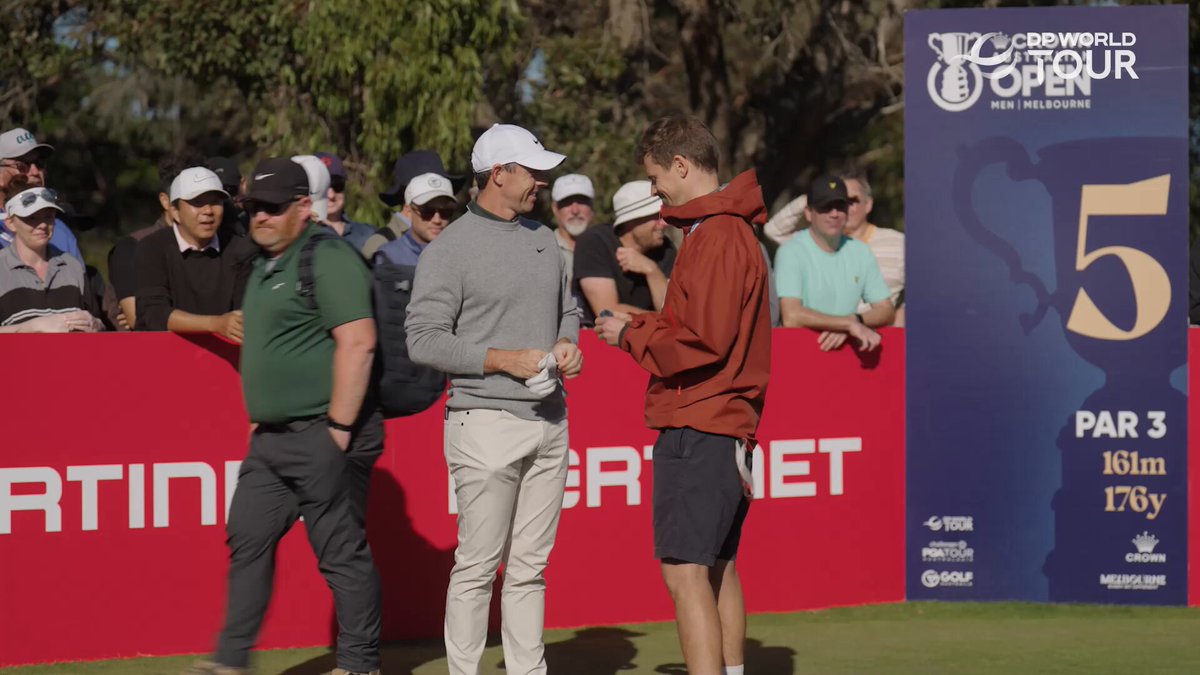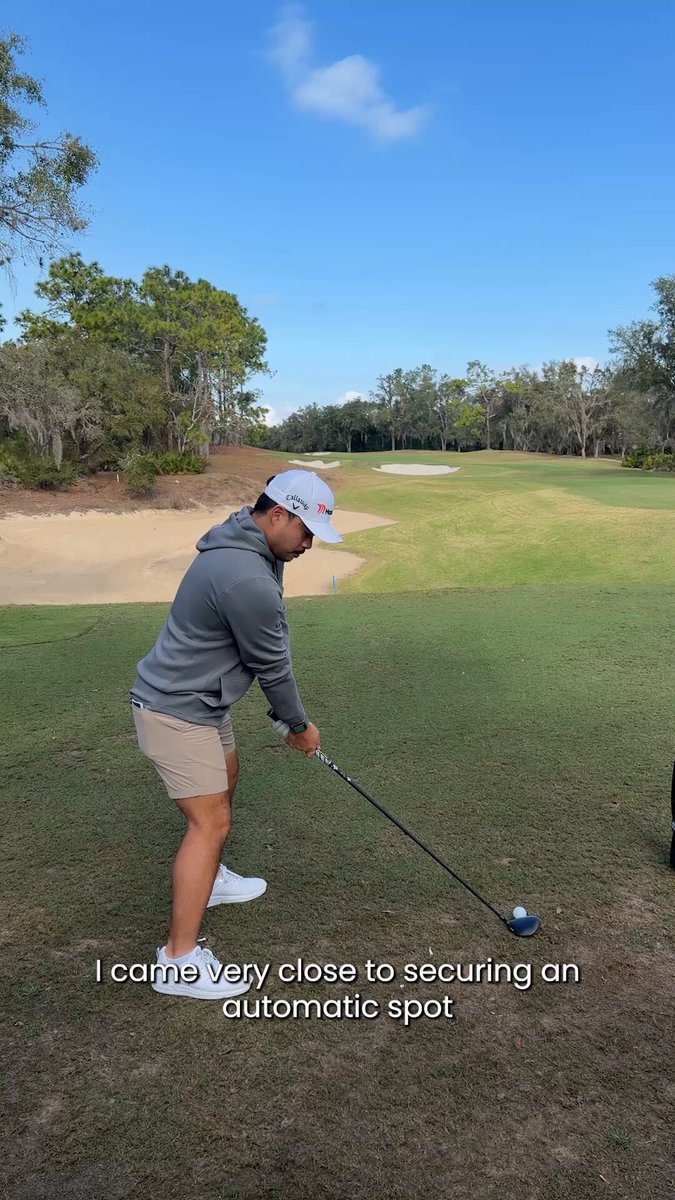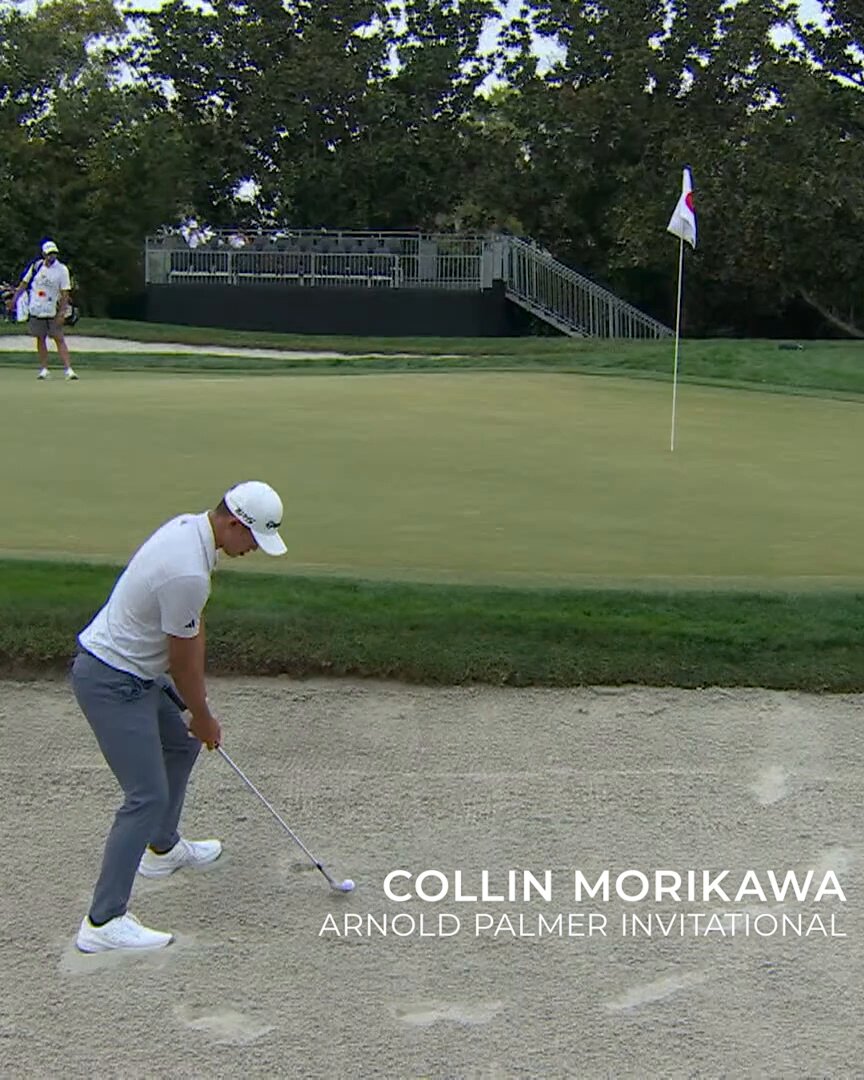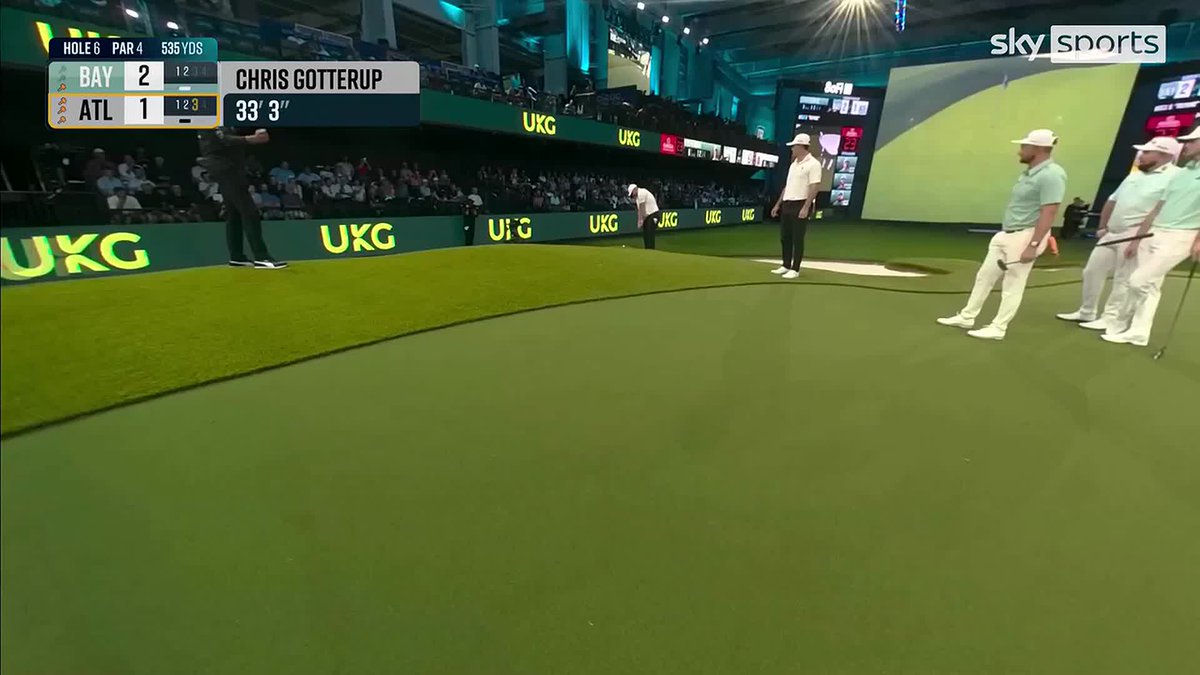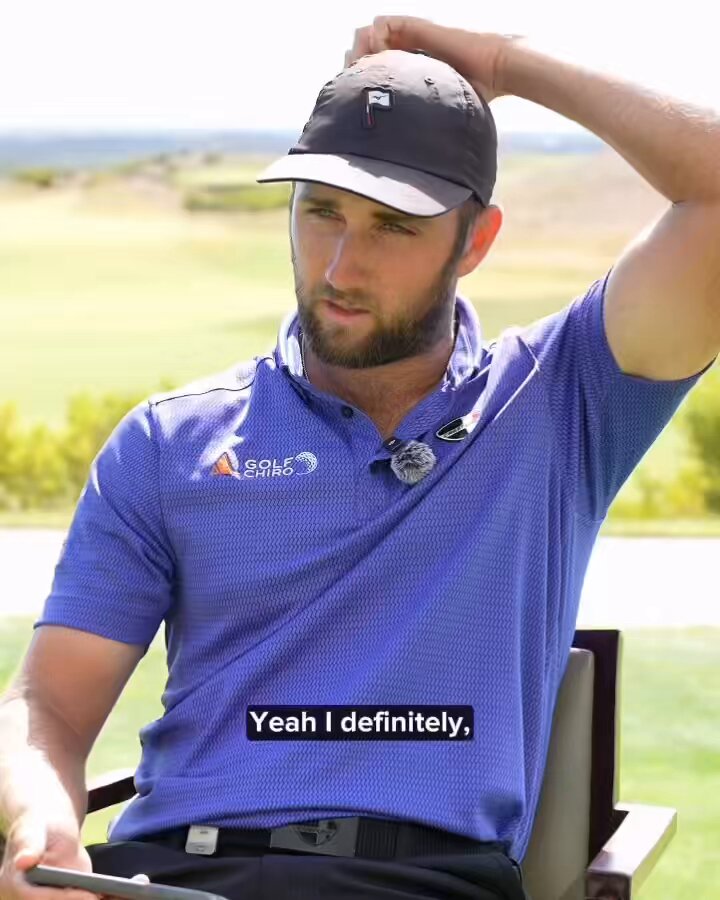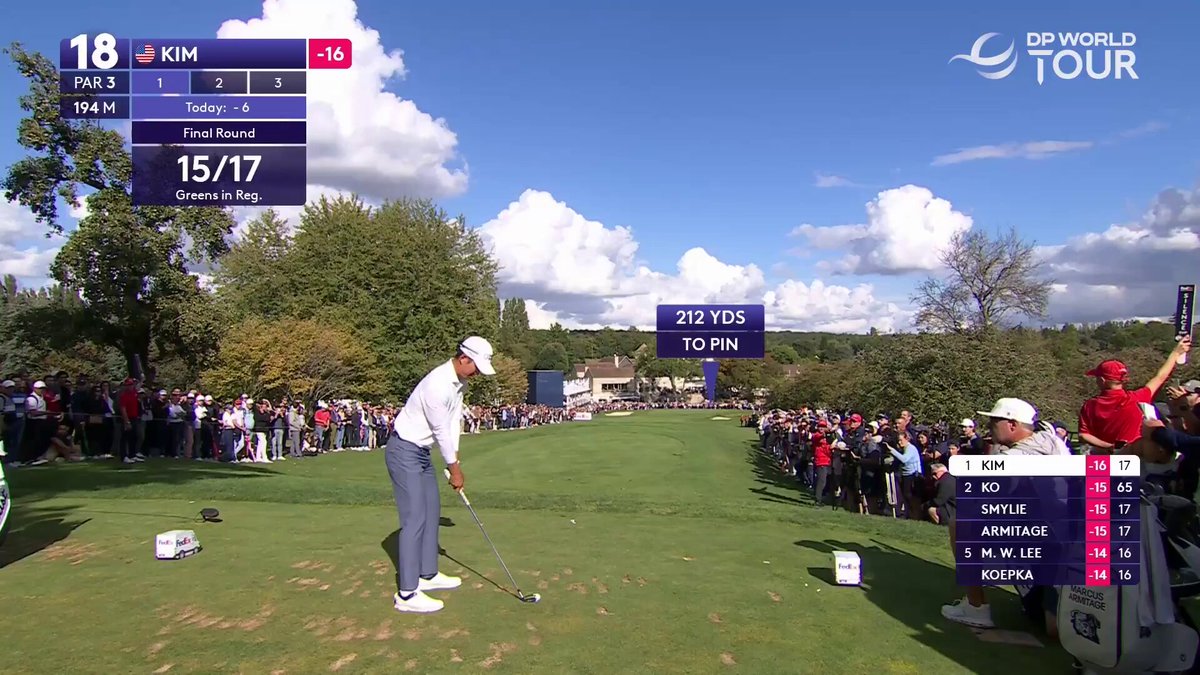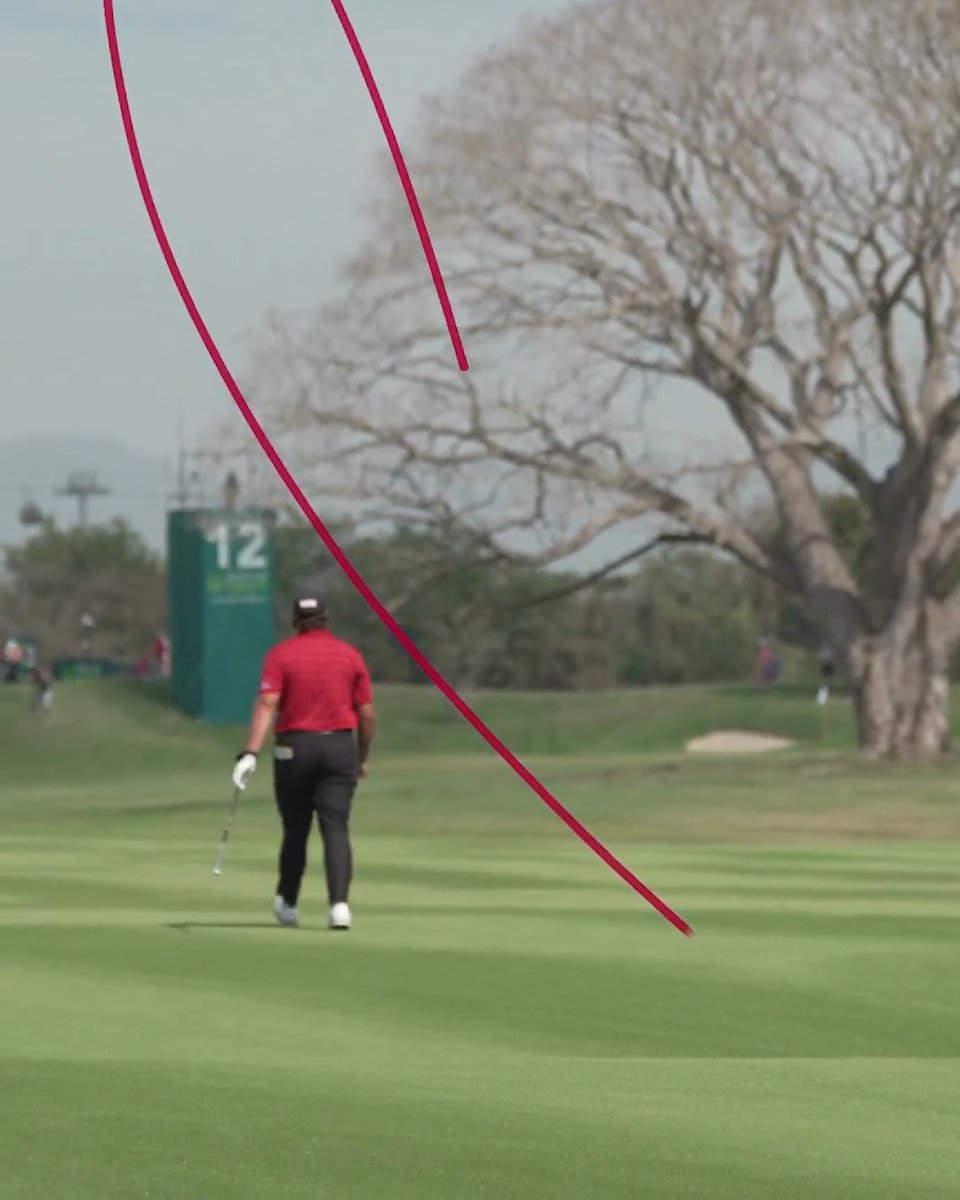Rory McIlroy recently showcased his skills with an unexpected twist: playing with a $10 golf club. The video captures the Northern Irish star demonstrating that even budget equipment can deliver impressive shots when wielded by a player of his caliber. This moment highlights the importance of technique and precision over expensive gear.
